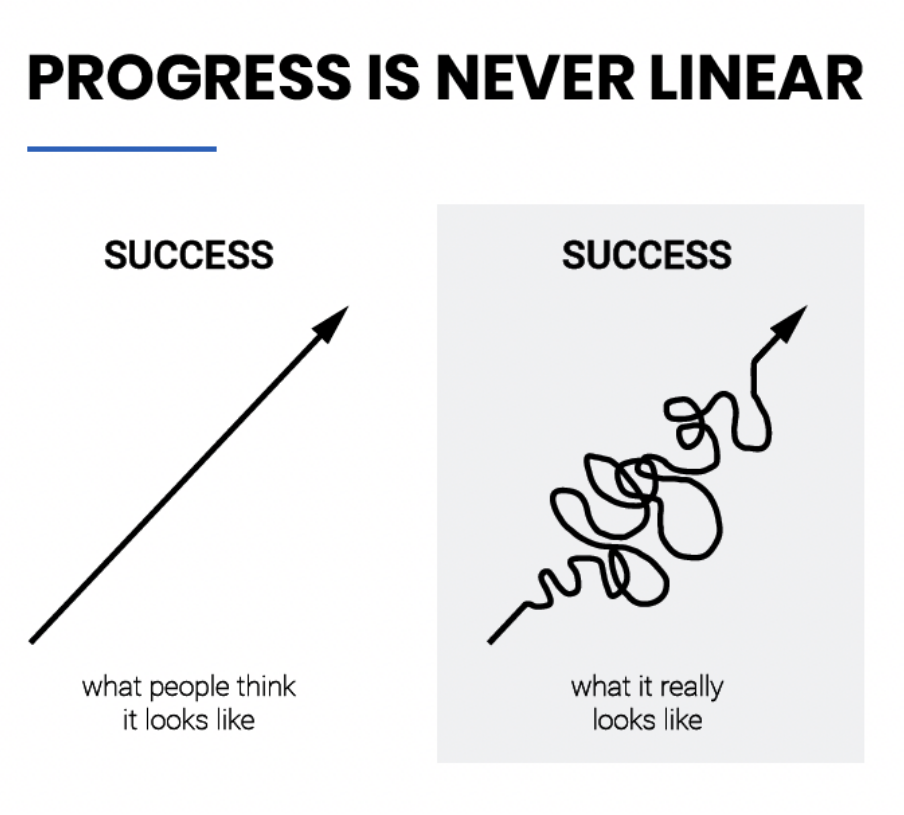
10 Tips to Support Your Player’s Journey
Last month, we introduced the Athlete Triangle — the connection between players, coaches, and parents that shapes the environment for growth. This month, we’re zooming in on the parent side of that triangle. What does support look like in practice? Here are 10 practical tips to support your youth soccer player’s journey and help your child thrive on and off the field.
1. Protect JOY of youth soccer player’s at All Costs
Soccer should be joyful. When kids enjoy the game, motivation and intensity come naturally. Joy is also tied directly to intrinsic motivation — the internal drive to play because it feels meaningful and enjoyable. According to Self-Determination Theory, when kids’ needs for autonomy, competence, and relatedness are supported, they stay motivated over the long term. (Ryan & Deci, 2000). Protecting joy is the most important thing a parent can do — because when joy disappears, kids stop playing.

2. Be Their Biggest Fan
Celebrate effort, attitude, and growth — not just goals or wins. Kids need to know that your pride in them doesn’t depend on the scoreboard.
-
Clap for small improvements.
-
Recognize when they bounce back from mistakes.
-
Encourage resilience and sportsmanship.
What matters most is that your child feels supported no matter the outcome.
3. Let Coaches Coach
Your child already has a coach. Your role is different: encouragement, support, and trust. Here’s what that means in practice:
-
Avoid contradictory instructions. If the coach asks for one thing, and you shout the opposite, the player is caught in the middle and loses clarity.
-
Ask, don’t assume. If you have questions about decisions, training, or philosophy, speak directly with the coach privately and respectfully.
-
Avoid comparisons. Talking negatively about other players, or questioning why a teammate is playing ahead of your child, only harms your player’s trust in the team environment.
When parents and coaches are aligned, players feel safe, confident, and clear.
“Parental over-involvement in decision-making can undermine a child’s sense of autonomy, which is essential for motivation.”
Deci & RyanSelf-Determination Theory
4. Focus on the Long Game
Development isn’t linear. Every player grows at a different pace. Trust the process, avoid comparisons, and remember the journey matters more than the weekend result.

5. Model a Growth Mindset
Show your child that effort, persistence, and learning matter more than perfection. Praise their determination and problem-solving, not just natural ability.
By modeling resilience, you teach your child how to embrace challenges instead of fearing mistakes.
“Children who are praised for effort, not just ability, are more likely to embrace challenges and persist after setbacks.”
Carol DweckMindset: The New Psychology of Success
6. Support Rest and Recovery
Players don’t just grow on the field — they grow when they rest. Recovery is one of the most overlooked parts of development, and it’s where the body and mind recharge.
-
Sleep is the number one recovery tool. Consistent, quality sleep helps with focus, mood, and performance.
-
Nutrition and hydration fuel that recovery, giving the body what it needs to rebuild.
-
Downtime — time away from structured soccer — prevents burnout and keeps kids excited to return.
Burnout often comes not from “too much soccer,” but from too little recovery. Parents play a key role in protecting that balance, ensuring their child arrives at the field energized and ready to learn.
7. Be a Positive Presence on the Sidelines
Your behavior sets the tone. Cheer respectfully, support all players, and show gratitude to referees and coaches.
Remember, kids are watching. If they see negativity, complaining, or hostility, they copy it. If they see respect and joy, they carry that too.
8. Handle the Car Ride Home with Care
After games, kids don’t need an instant analysis. There are three keys to having a successful car ride home.
- Let the child drive the conversation. Even in asking the questions, let the child lead.
- Don’t force the conversation. Remember they just finished a game or practice and they are physically and emotionally exhausted.
- Always let them know you love them and are proud of them no matter the outcome of the game or practice.
Sometimes the best and only thing you need to say is: “I love watching you play.”
9. Celebrate Small Wins
Improvement doesn’t always look like a hat-trick. Sometimes it’s being braver on the ball, tracking back quicker, or showing leadership with teammates.
Highlighting these small, process-driven wins builds confidence and keeps motivation high.
10. Respect the Process
Player development takes patience. There will be ups and downs, good games and tough games, moments of joy and frustration.
Your job as a parent is to trust the process, reinforce the lessons being taught, and remind your child that growth takes time.
Final Thought
These 10 tips bring the Athlete Triangle to life. When parents, coaches, and players each focus on their role, kids gain the clarity, support, and joy they need to keep growing.
Together, we can create the best environment for our players — one that builds both better athletes and better people.
“Higher levels of parent pressure are associated with youth athletes’ lower levels of sport enjoyment and less commitment to continue sport.”
Krommidas et al., 2022

Want more youth soccer insights?
Our Insider shares practical tools to help kids thrive in youth soccer — with tips for parents, coaches, and players. From training ideas to parent support and player nutrition, all designed to support your player’s journey on and off the field

